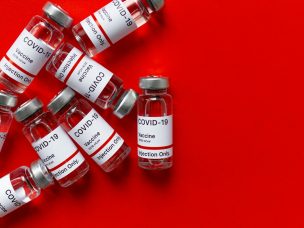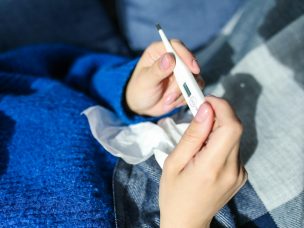TUESDAY, Dec. 1, 2020 (HealthDay News) — For patients with diabetes hospitalized with COVID-19, the risk for intubation is increased more than fivefold for those with diabetic retinopathy, according to a study published online Nov. 2 in Diabetes Research and Clinical Practice.
Antonella Corcillo, from King’s College London, and colleagues examined the association between diabetic retinopathy and intubation in patients with diabetes hospitalized with COVID-19 in a single-center cohort study. A total of 187 consecutive patients with diabetes hospitalized with COVID-19 between March 12 and April 7, 2020, were included.
The researchers found that 67 patients (36 percent) had diabetic retinopathy and 49 patients (26 percent) were intubated. Negative associations were seen for age, duration of diabetes, microvascular complications, and the presence of chronic kidney disease with intubation in univariate analyses. In contrast, there were positive associations seen for retinopathy and obesity with intubation. In multivariable logistic regression analyses, younger age and retinopathy were independently and significantly associated with the risk for intubation (odds ratios, 0.89 and 5.81, respectively).
“We hypothesize that the presence of diabetes-related vascular disease such as retinopathy may result in greater vulnerability and susceptibility to respiratory failure in severe COVID-19,” a coauthor said in a statement. “Therefore looking for presence or history of retinopathy or other vascular complications of diabetes may help health care professionals identify patients at high risk of severe COVID-19.”










